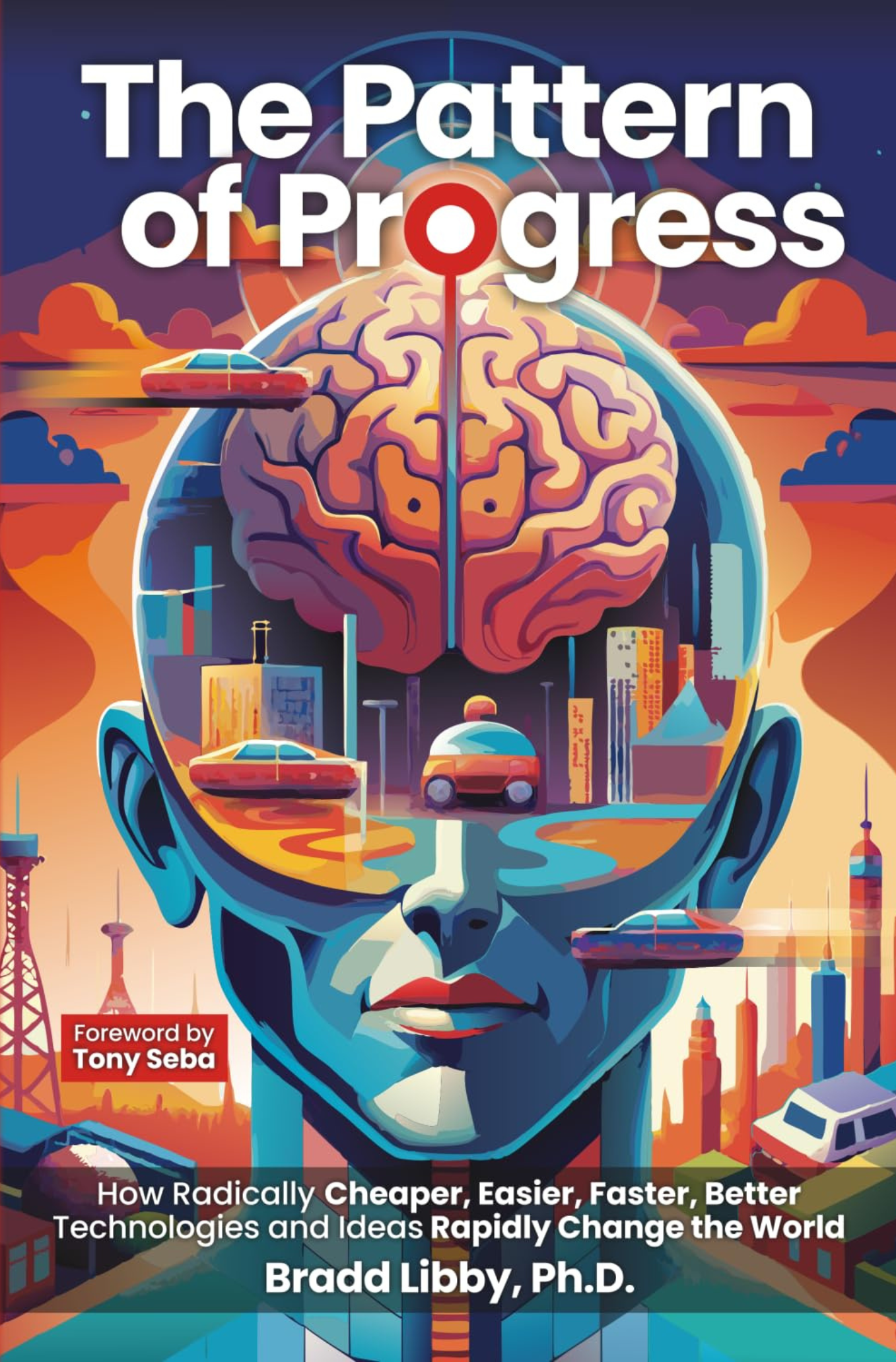The Pattern of Progress examines how technological innovations, new ideas, behaviors, and business models consistently reshape the world. Author Bradd Libby argues that these changes follow a recognizable pattern: technologies and ideas that become significantly cheaper, easier, faster, or better tend to experience rapid and widespread adoption.
This dynamic, the book suggests, has been observable across centuries and may reflect broader principles of collective decision-making.
Drawing on quantitative analysis of roughly 1,500 innovations and major world events, Libby traces how combinations of ideas have historically triggered large-scale disruptions across key sectors, including energy, agriculture, transportation, healthcare, and information technology.
The book presents these historical patterns as a foundation for understanding potential developments in the coming decades.
Libby explores how current advancements, such as in AI, renewable energy, robotics, precision fermentation, and automated transportation, might align with these patterns. The analysis provides a basis for considering the possible social and economic impacts of emerging technologies, without making specific predictions.
Rather than serving as a roadmap or prescription, The Pattern of Progress offers a conceptual framework for examining how large-scale changes tend to unfold.
It encourages readers to reflect on the underlying mechanisms of progress and their implications for the future.








